Have you ever wondered how banks seem to predict your needs before you even do? The answer lies in data and AI. Artificial Intelligence (AI) is no longer just a tool in banking—it’s a transformative force. From delivering personalized services to strengthening risk management, data has become the backbone of modern banking.
As Bill Gates once said, “We always overestimate the change that will occur in the next two years and underestimate the change that will occur in the next ten.” The speed at which AI is revolutionizing banking is a testament to this; AI is already expected to save banks $900 million in operational costs by 2028. (Source: State of DEI Efforts)
Are you ready to learn how AI is powering the future of banking? Let’s dive in.
The Rise of Data and AI in Banking
How did data and AI become so integral to banking? The answer lies in evolving customer demands. Customers now expect faster, personalized, and secure services, and banks have had to adapt. The best ally in meeting these demands? Technology-driven data.
AI tools are capable of analyzing massive amounts of data in seconds, enabling banks to identify trends, streamline operations, and enhance customer interactions. For instance, AI chatbots provide instant problem-solving, while predictive models help detect fraudulent transactions before they happen.
To sum it up, data and AI are indispensable in banking, enabling smarter decisions, quicker responses, and improved services.
How AI Is Revolutionizing Fraud Detection in Banking
Did you know that fraud costs the banking sector billions each year? Cybercrime alone is estimated to cost the global economy $600 billion annually, according to Infosys. Traditional methods often fail to detect these threats, but AI is changing the game.
AI and machine learning have significantly improved the speed and accuracy of fraud detection. By monitoring transactions in real-time and analyzing vast datasets, AI can quickly identify any unusual activity, reducing false positives. If a transaction doesn’t match a user’s usual spending habits, it gets flagged for review. These algorithms continually learn and adapt, making them increasingly effective in detecting evolving fraud patterns.
Key Takeaways
- AI provides real-time monitoring for instant fraud detection.
- Machine learning reduces false positives, improving transaction accuracy.
- Banks are continuously improving security to address evolving threats.
Predictive Analytics in Corporate Banking
In corporate banking, AI is simplifying complex processes and providing smarter, more personalized solutions. Predictive analytics helps banks anticipate future trends, assess cash flow, and make proactive decisions. This reduces risk and enables banks to offer optimized loans and identify business growth opportunities.
AI also automates routine tasks like document processing and compliance checks, giving managers more time to focus on strategic decision-making. By evaluating credit profiles, AI enhances risk assessment and ensures informed decisions.
Key Takeaways
- Automation improves efficiency by handling repetitive tasks.
- Personalization increases client satisfaction and loyalty.
- Predictive analytics enables proactive decision-making and better service.
The Future of AI in Banking: What’s Next?
Did you know that the banking industry’s investment in generative AI is expected to soar to $84.99 billion by 2030?
With continued advancements in machine learning and predictive analytics, banks will become even more efficient and customer-centric. Here are some key trends shaping AI’s future in banking:
1. Time to Think Cloud-First
In the early days, many banks approached cloud adoption with caution, trying to operate it like the traditional systems they were used to. Over time, they have gained confidence and are now exploring the full potential of cloud technology.
Cloud adoption allows banks to leverage real-time data analysis, driving innovations in services like personalized banking and predictive analytics.
2. Generative AI in Banking
Banks stand to gain more from generative AI than any other industry. According to Accenture, generative AI can boost productivity by 22-30%, with revenue increasing by 6%.
Generative AI will improve customer support by offering faster, more accurate assistance through AI chatbots and virtual assistants.
3. AI-Driven Risk Management
AI will transform the way banks assess and manage financial risks. By using AI to predict and prevent future crises, banks can make more informed decisions. For example, AI will be used to assess loan applicants, helping to reduce exposure to debt and prevent future financial crises.
Key Takeaways
- Cloud-first strategies will revolutionize data management and scalability.
- Generative AI will enhance customer experience and streamline banking operations.
- AI-driven risk management will empower banks to make more proactive, informed decisions.
Wrapping Up
The banking sector is at a pivotal moment, similar to the rise of online and mobile banking—yet acceptance is happening at an unprecedented pace. AI’s potential to revolutionize areas such as fraud detection, personalized customer service, and risk management is clear. The dimensions of AI’s impact on banking operations are vast and growing.
Are you ready to embrace this transformative shift in banking? Contact Antra today to learn how we can help you navigate the future of banking with AI-powered solutions.
Are you ready to embrace this transformative shift? Contact Antra today to learn how we can help you navigate the future.



